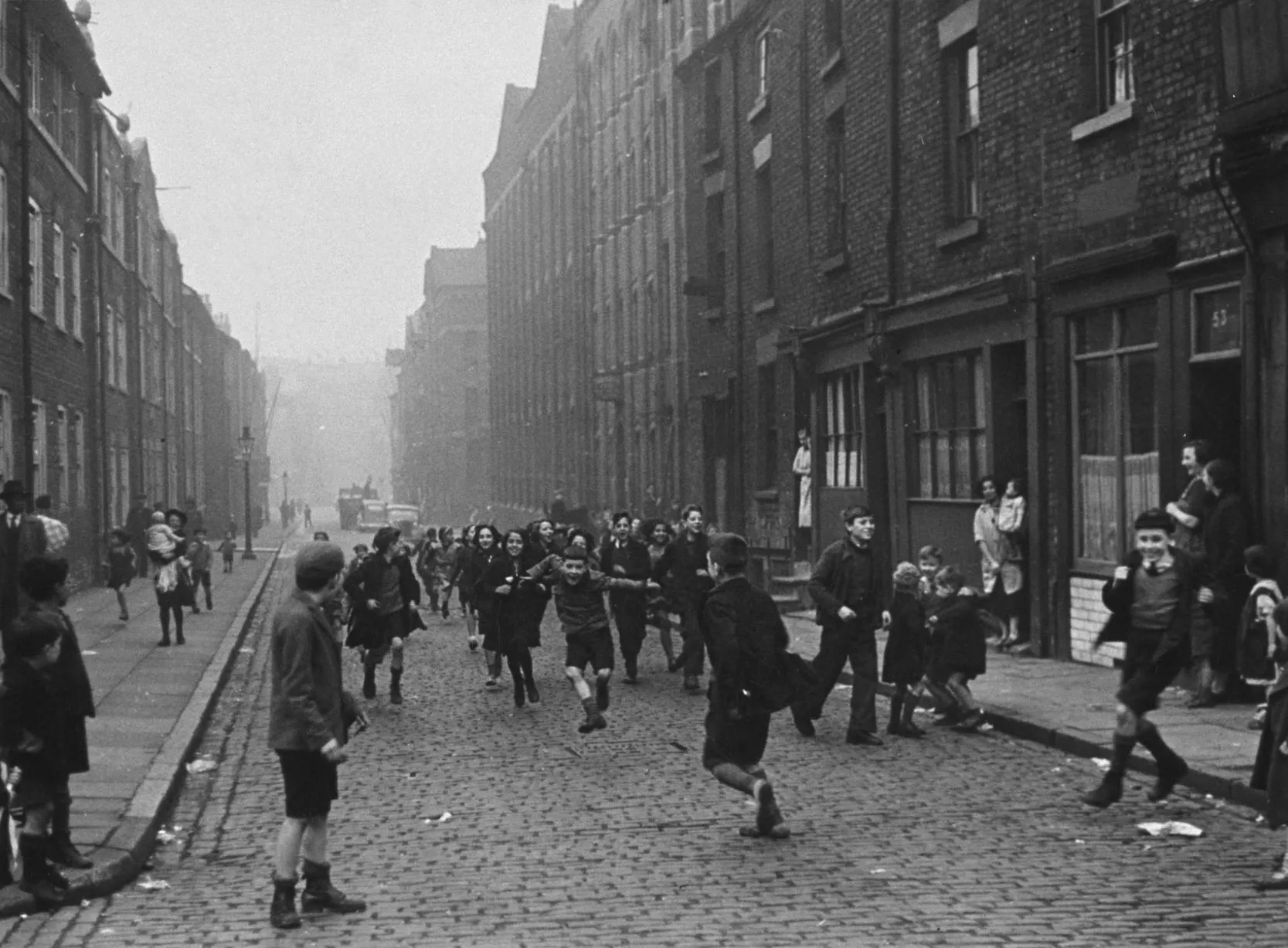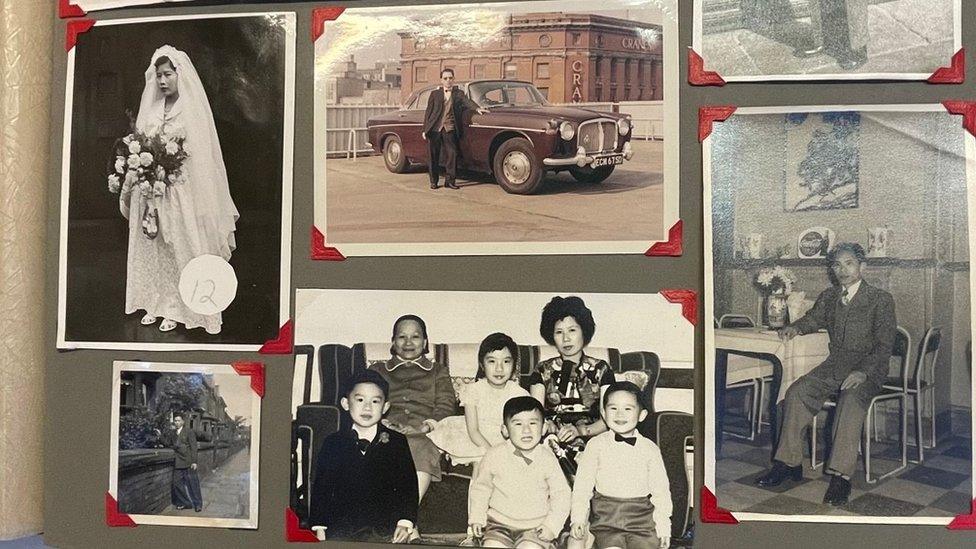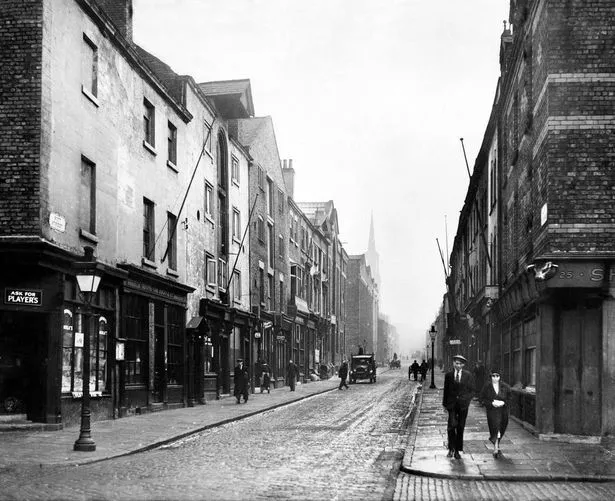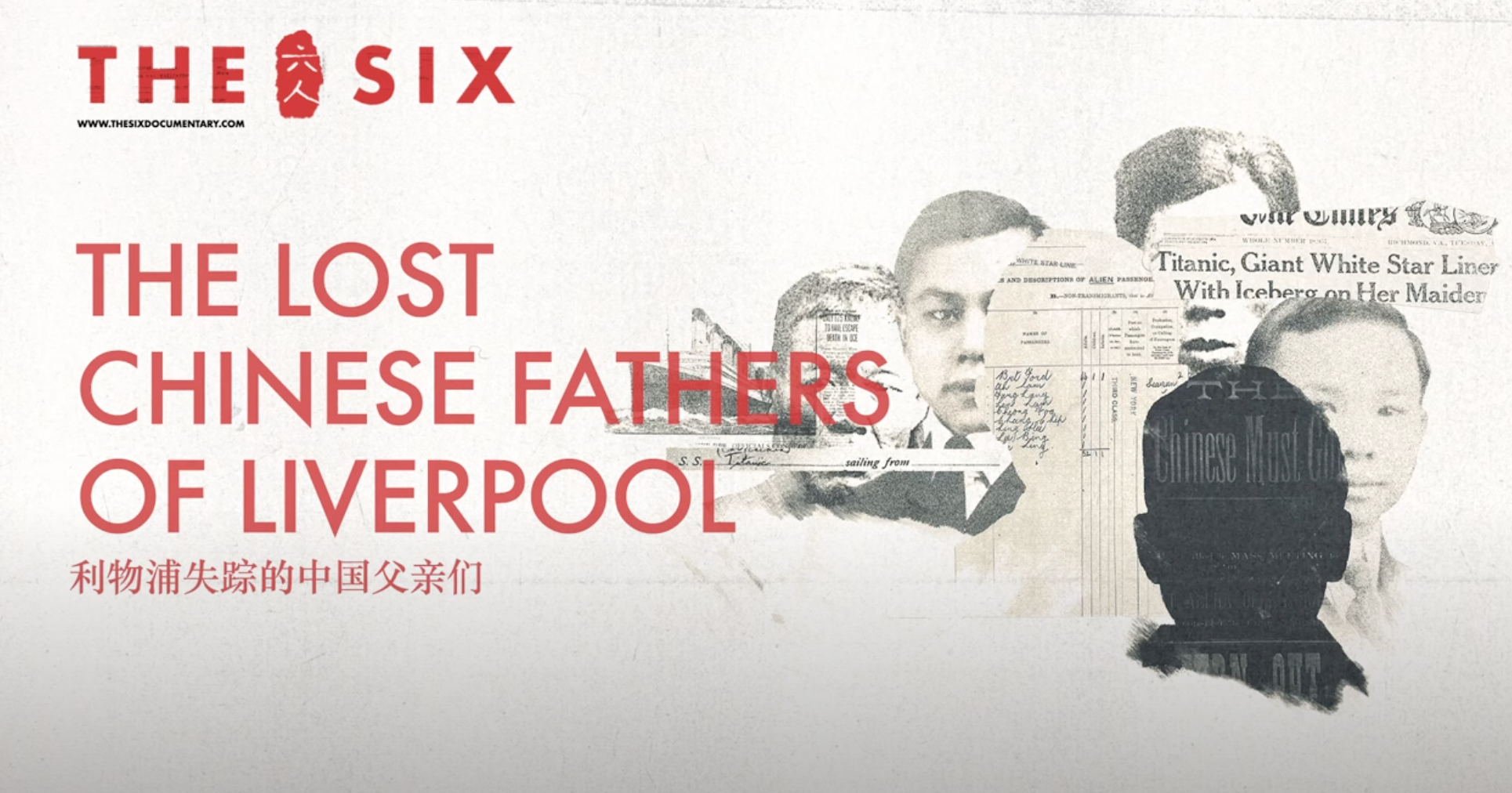Chinese Merchant Seamen in World War II

Liverpool’s role in the Second World War is well documented: its docks were vital to Britain’s survival in the Battle of the Atlantic. Yet one group of contributors has only recently begun to receive the recognition it deserves: the thousands of Chinese merchant seamen who sailed from the city, enduring extraordinary danger and injustice. This article provides an educational overview of their service, struggles, and legacy.
Liverpool as a Wartime City
When war was declared in 1939, Liverpool quickly became Britain’s western gateway. The port received food, fuel, and war supplies from North America. Without the convoys landing here, Britain’s population and armed forces would have starved. Protecting these lifelines was critical, and merchant shipping became the frontline.
Chinese Seamen at Sea
Between 15,000 and 20,000 Chinese sailors were employed in Britain’s merchant fleet during the war, many of them operating from Liverpool. They served on cargo ships carrying grain, oil, and weapons through waters heavily patrolled by German U-boats. Survival was uncertain. Ships were torpedoed and sunk regularly. Casualty rates were high – estimates suggest hundreds of Chinese sailors lost their lives in these waters.
Inequalities and a 1942 Strike
Despite their service, Chinese sailors were paid less than British crew members. They were also denied war risk bonuses offered to others. In 1942, frustration led to a strike in Liverpool demanding equal pay and conditions. The action lasted four months, severely disrupting shipping. Ultimately, the government and shipping companies branded the strikers as troublemakers. Although some concessions were made, discrimination persisted.
Daily Life on Board
Life aboard merchant ships was tough. Crews endured cramped quarters, poor food, and constant anxiety. For Chinese sailors, isolation was compounded by language barriers. Oral histories describe how they relied heavily on solidarity among themselves to cope. Many sent most of their wages home to support families in China or Hong Kong, demonstrating the transnational nature of their sacrifice.
Contribution Beyond Numbers
Chinese seamen not only worked as crew but often excelled in roles requiring technical skill, such as engine room operations. Their knowledge of machinery was indispensable. Their labour ensured that vital supply lines remained open, a fact acknowledged in later historical assessments even if it was ignored at the time.
Racism and Prejudice
The sailors faced racism both at sea and ashore. They were stereotyped as outsiders, excluded from some communal facilities, and frequently harassed by authorities. Newspapers of the era sometimes portrayed them negatively, despite their contributions. Such prejudice contributed to the marginalisation of their story in post-war narratives.
Legacy and Recognition
For decades, the service of Chinese seamen remained underappreciated. Families passed down stories, but public commemoration was minimal. In recent years, however, initiatives have sought to restore their memory. Exhibitions in Liverpool museums, plaques, and heritage projects now highlight their bravery. Community groups have worked tirelessly to integrate their contribution into Britain’s collective memory of the war.
Lessons for Today
The story of Liverpool’s Chinese merchant seamen demonstrates how marginalised groups have shaped national history. It also underscores the importance of recognising contributions that were hidden by racism or political expediency. In educational terms, it is a case study in how remembrance can evolve – from silence to acknowledgment.
Conclusion
Liverpool’s Chinese merchant seamen were unsung allies in Britain’s darkest hour. They endured danger, inequality, and prejudice, yet continued to serve. Their sacrifice ensured that supplies reached Britain when it mattered most. Remembering them is not only an act of justice but a vital part of understanding how diverse communities underpin national resilience.










